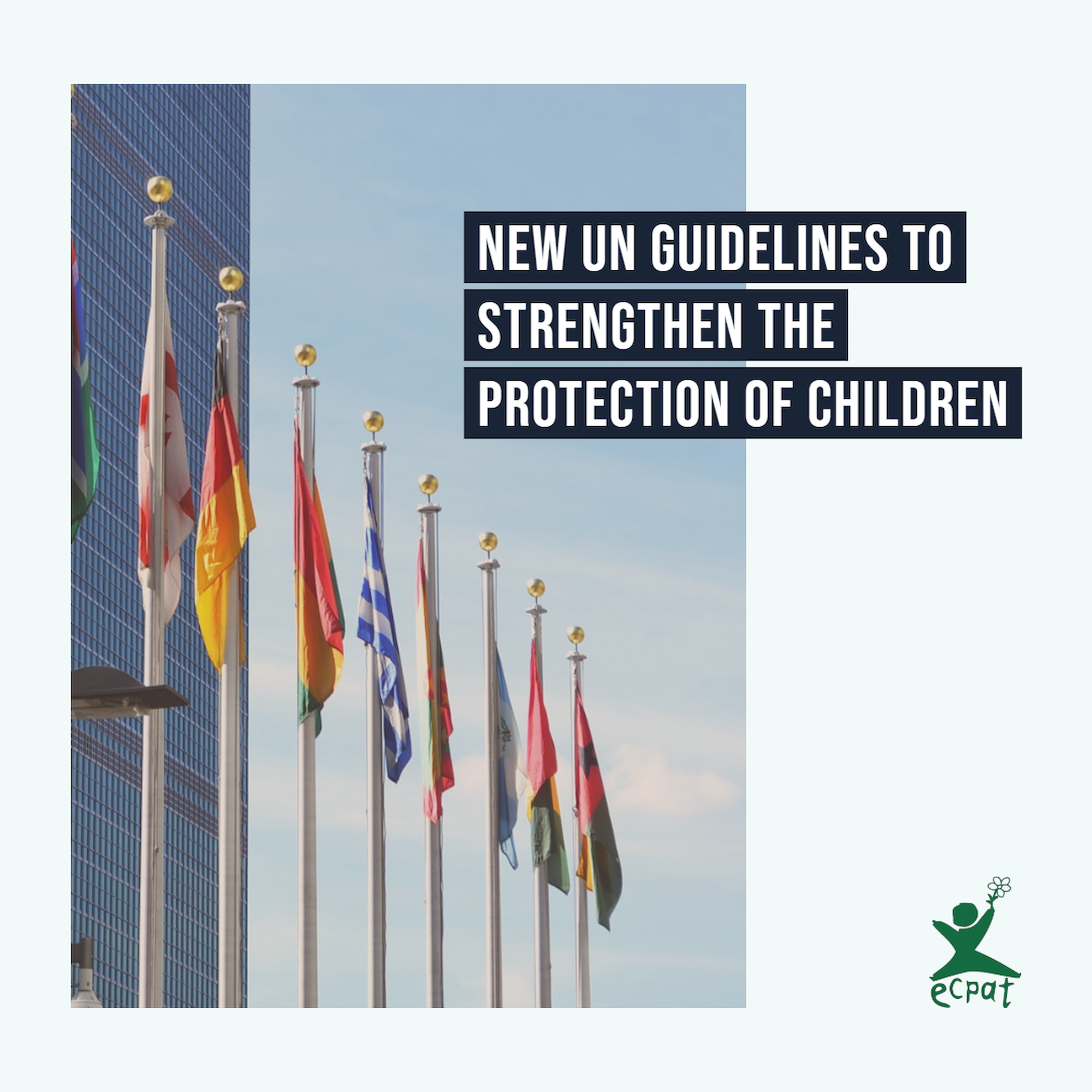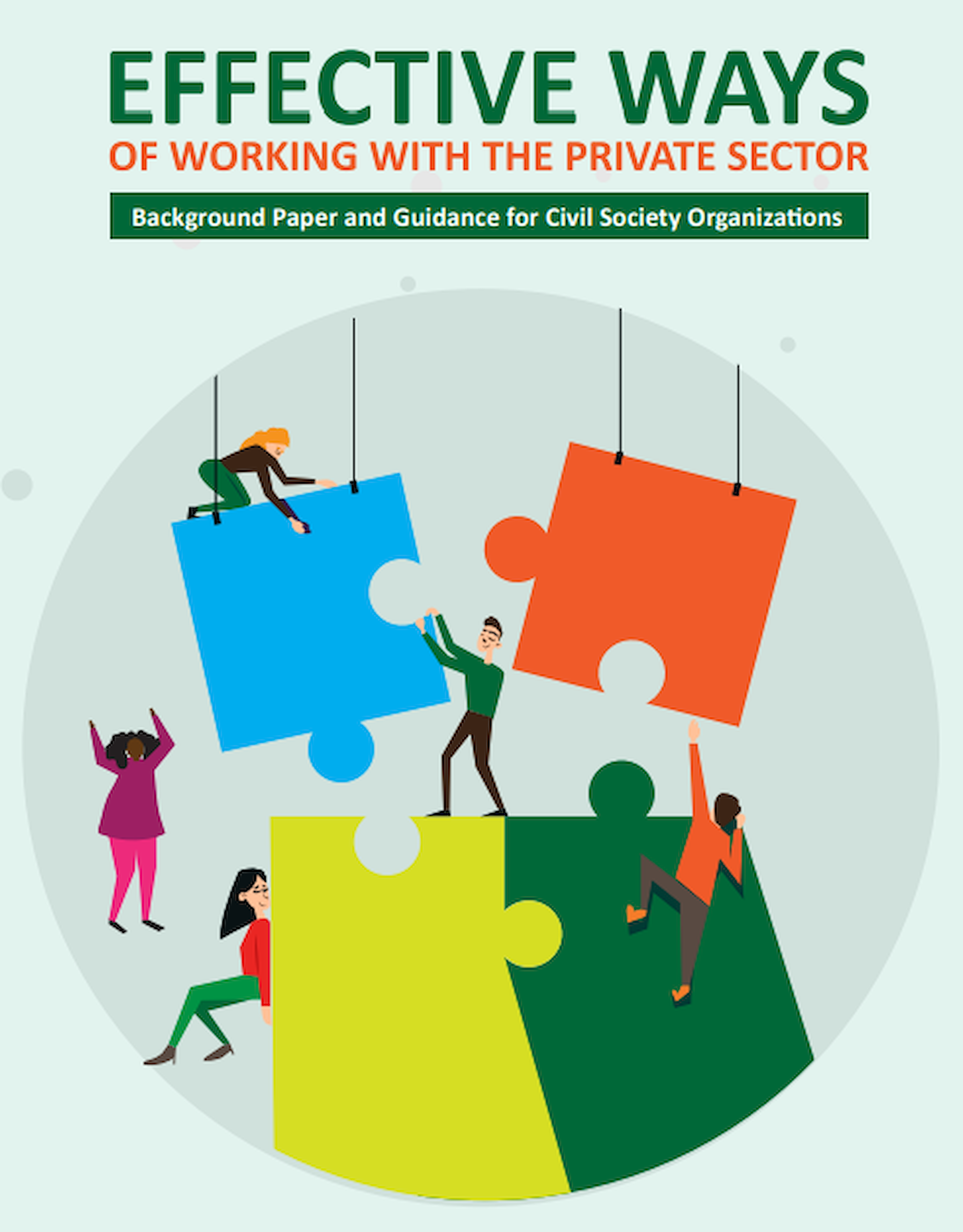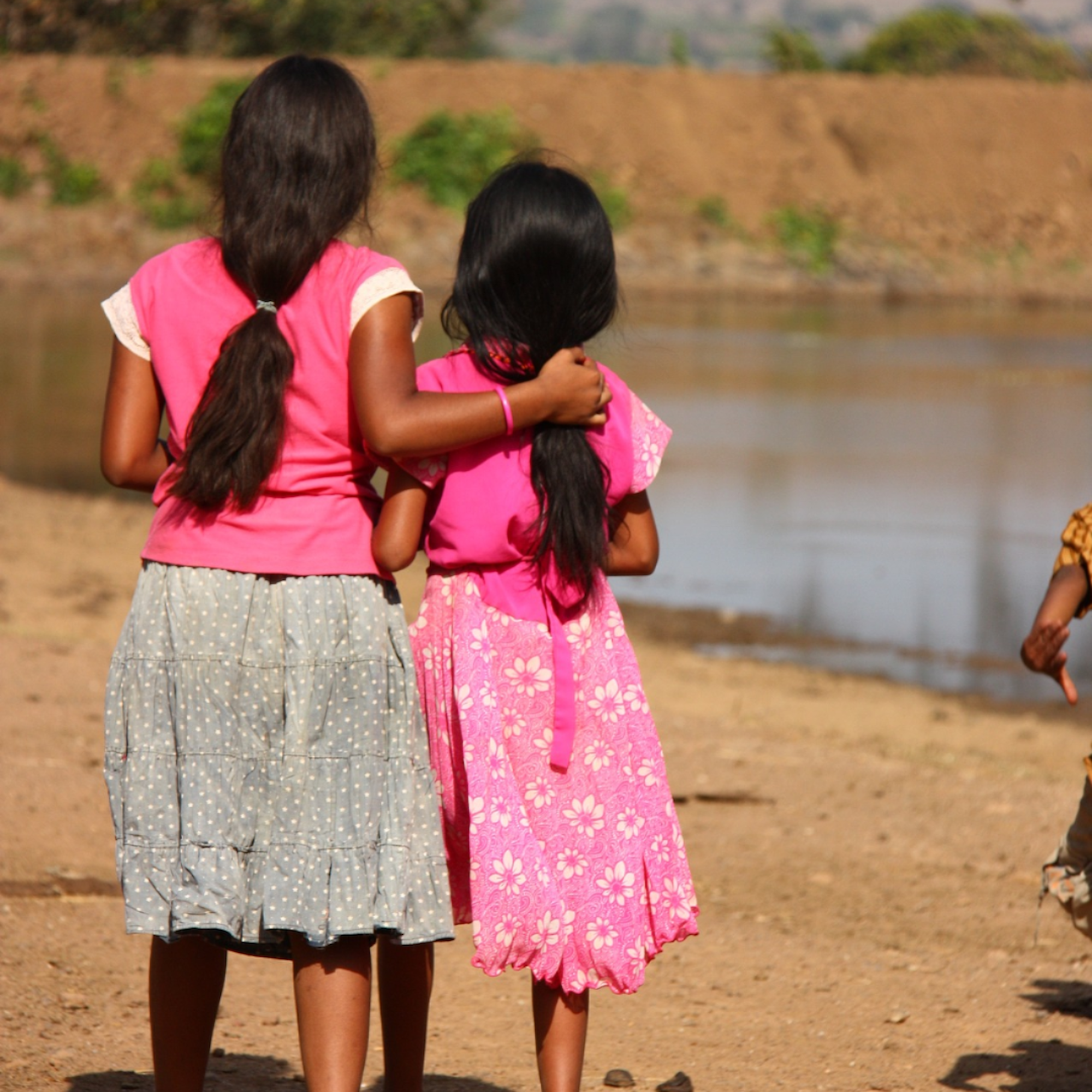For many years, ECPAT has been working to share our expertise in fighting online sexual exploitation of children with the African Union. Following an ECPAT training, the pressing need to address the issue became clear to the participants. The African Union Department of Social Affairs and the African Committee on the Rights of the Child took action and arranged the first-ever thematic Day of General Discussion* on Online Sexual Exploitation of Children in Africa.
With the support from ECPAT, the African Union and the African Committee on the Rights of the Child arranged the first-ever high-level discussion on the topic.
*A Day of General discussion is held every two years and is focused on a specific article of the Convention on the Rights of the Child or a related subject. These meetings are an opportunity to develop a deeper understanding of the contents and implications of the convention.
During the session, the African Union Declaration on Online Child Sexual Exploitation was adopted. It included important recommendations on how regional and national strategies to combat these crimes can improve, as well as a call to consider developing a General comment to the article about child sexual exploitation, clarifying children’s rights and need for protection online. Member States, UN agencies, Civil Society Organisations and law enforcement agencies such as INTERPOL attended.
The African Union is now conducting training on child sexual exploitation at regional and sub-regional levels.
Today, both the African Union and the African Committee on the Rights of the Child have a better understanding of the threats that children face online, and what needs to be done to fight these issues. To spread the knowledge, the African Union is now conducting training at the regional and sub-regional levels, which is designed to engage more African countries and actors to prioritise protecting children from these crimes.
For more than two years, ECPAT worked closely with AIPA, the Inter-Parliamentary Assembly for Southeast Asian countries to engage them in strengthening legal protection for sexually exploited children in the region. By bringing passionate members of parliaments together through conducting workshops and training, we have supported Southeast Asian governments to act. Based on the first-ever Global Study on the Sexual Exploitation of Children in Travel and Tourism, conducted by ECPAT and 67 partners, AIPA developed a 24 point check list to help these governments bolster their laws in tackling the growing problem of child sexual exploitation in travel and tourism.
Some of the action points lawmakers from each country will bring forward include:
“If we want to end the sexual abuse and exploitation of children, we must speak out to break the stigma and taboo. ECPAT is doing that every day.”
Josefin Hagström, Communications Officer at ECPAT International
ECPAT International’s online and social media channels keep growing. Day by day, we are telling stories about child sexual exploitation and what needs to be done to end these crimes. We are promoting our research reports, sharing the on-the-ground successes by our members, joining public debates and encouraging followers and fans to take action and help us push for change.

For a number of years, the UN Committee on the Rights of the Child has been concerned that many States’ parties are failing to properly implement the Optional Protocol on the Sale of Children, Child Prostitution and Child Pornography.
In response, the Committee released a new set of guidelines developed by a working group led by ECPAT International. They give States concrete advice on how to effectively protect children and address more recent trends and issues, such as:
Self-produced images and videos
Children’s right to information
The child as a victim
The role of businesses.
Companies worldwide are in a key position to prevent sexual exploitation of children by making sure their services are not misused by child sex offenders.
ECPAT has been working on increasing capacity and establishing partnerships with businesses in a number of ways. We are assisting them in developing ethical company policies, as well as directly supporting companies to take concrete action to protect children. We also encourage our partners in becoming members of the global initiative The Code of Conduct for the protection of children from sexual exploitation in travel and tourism.


For two years, ECPAT supported the South Asian Initiative to End Violence Against Children in developing a regional strategy for combatting child sexual abuse and exploitation. ECPAT assisted in designing the process, developing a regional strategy, raising funds, and had members actively participate throughout the planning stages. Though the strategy is expected to be formally endorsed by all member countries at the end of 2019, the outcomes of the regional strategy has already felt some success at the country level.
Countries have started to develop national action plans to ensure that legislative actions are taking appropriate measures to effectively eliminate all forms of sexual exploitation of children.
“…multiple decades of ECPAT working on the issue of child sexual exploitation gives our work a lot of credibility and influence, which means there is a lot of trust in our capacity to provide inputs in stopping these crimes.”
Marie-Laure Lemineur, Deputy Executive Director of Programmes at ECPAT International
The Code of Conduct for the Protection of Children from Sexual Exploitation in Travel and Tourism, an initiative supported by ECPAT, works to engage and support businesses in the travel and tourism industry to commit to preventing sexual exploitation of children. Children are incredibly vulnerable to exploitation in many tourist destinations, especially as offenders use hotels and attractions to facilitate their crimes. Working with those in this industry is crucial.
In March of 2019, the Global Sustainable Tourism Council, The Code and ECPAT initiated a collaboration to expand the council’s global standard criteria to also include the protection of children in the industry.
